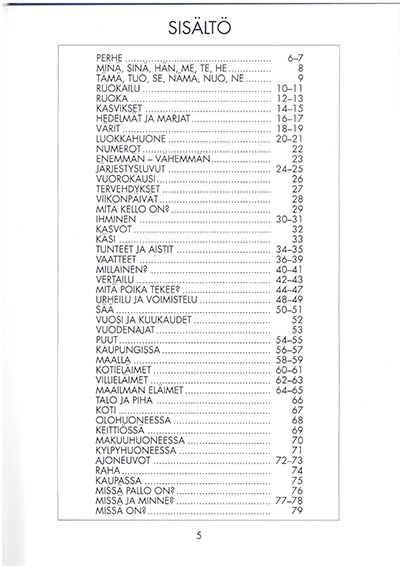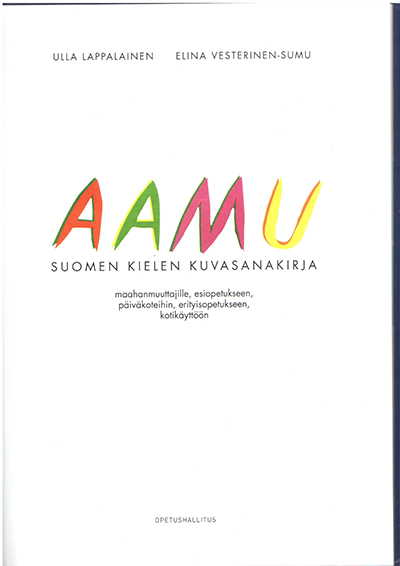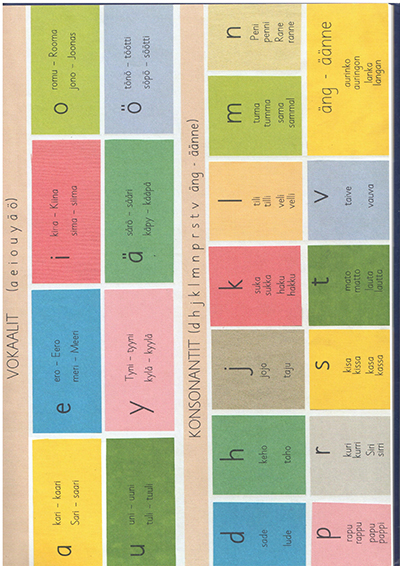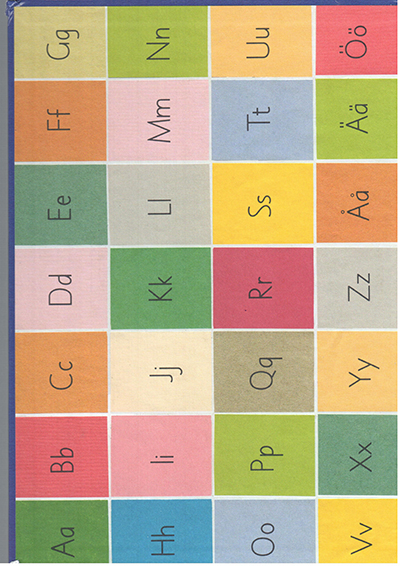| Sorted by date | |||
page105from Building Ideas
escape what Michel Foucault would later
call the “prison-house of language” – and provide a clearer understanding of
the nature of “embodied” knowledge.
A Philosophy of the Body – From Bergson to Merleau-Ponty
Perhaps the most intriguing of those later
writers who took up this theme of embodiment is the French philosopher Maurice
Merleau-Ponty, who collaborated closely with Jean-Paul Sartre. The two men
founded the philosophical journal Les Temps Modernes in 1945 and continued to
work together on it until a disagreement forced them to part company. The same
year that the journal was founded saw the publication of Merleau-Ponty’s major
work, the results of his doctoral research entitled The Phenomenology of
Perception. In this work he first set out the effect that the body has on our
perception, through a series of detailed analyses based on case studies from
clinical research. By considering the way the senses work together in the
process of synaesthesia, and how perception provides the raw data that the mind
arranges into clear concepts, Merleau-Ponty hoped to show that language itself
is merely derived from our lived experience and thereby to reverse the priority
given to it in Heidegger’s earlier analysis. As he describes it in the preface
to his book:
To
return to the things themselves is to return to that world which precedes
knowledge, of which knowledge always speaks, and in relation to which every
scientific schematization is an abstract and derivative sign-language, as is
geography in relation to the countryside in which we have learnt beforehand
what a forest, a prairie or a river is.10
What
Merleau-Ponty is trying to describe is a kind of pre-linguistic understanding,
the notion that the world is already meaningful for us before it is “parceled
up” into language. His research led him, not
|
|||
|
|||
|
|
 ... ...
... ... ... ...
... ... ... ...
... ... ... ...
... ... ... ...
... ... ... ...
... ... ... ...
... ... ... ...
... ... ... ...
... ... ... ...
... ... ... ...
... ... ... ...
... ... ... ...
... ... ... ...
... ... ... ...
... ...